The Albuquerque Journal North :
Journal Staff Writer
Attorneys for Santa Fe County — embroiled in its own drilling controversy — last week filed a legal brief in the oil company's lawsuit against Rio Arriba, arguing local governments do in fact have the authority to regulate the industry.
“This is a matter of critical importance to Santa Fe County, Rio Arriba County and every city and county in the state of New Mexico,” the amicus brief states.
As record gas prices motivate energy companies to explore in frontier areas of northern New Mexico, local officials in places like Mora and Tierra Amarilla are scrambling to update their drilling regulations.
In April, the Rio Arriba County Commission adopted a four-month moratorium on new drilling in response to Approach Resource's proposal to drill 10 wells in the Rio Chama watershed outside Tierra Amarilla.
Approach filed suit against the county in May. The Fort Worth, Texas, company argues the drilling ban amounts to a taking of its mineral rights and that the regulations being written by the county in the meantime are the province of the state, not local government. The company is asking the federal courts to overturn the moratorium.
Santa Fe County has taken a similar tack in response to Tecton Energy's drilling proposal for the Galisteo Basin southeast of Santa Fe The county also imposed a moratorium is meant to buy time to beef up its oil and gas rules, study the basin's resources and ensure the region has adequate public facilities and services. Tecton has also threatened to sue for unlawful taking of its property.
In its brief filed in the Approach lawsuit, Santa Fe County argues local regulations are not pre-empted by state law and asks the court to dismiss the suit. The state Legislature has delegated to counties “police power” — the authority to write laws promoting the health and prosperity of residents, the county brief states.
The fact that the state Oil Conservation Division has regulatory authority over the industry is not sufficient evidence to conclude state authority trumps local government when it comes to oil and gas, the brief states.
State regulations fall short because they do not minimize the off-site impacts of drilling through control of the location of drilling sites, and do not assure public facilities and services are available or protect wetlands, habitats and historical treasures, according to the brief." More>>>>

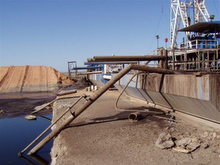



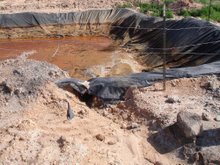


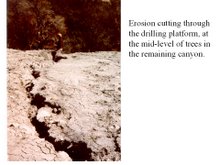
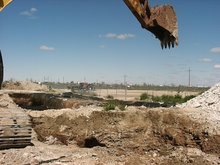


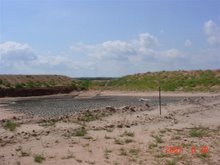
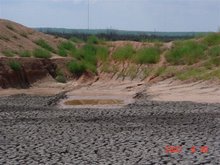
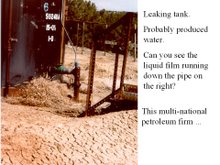
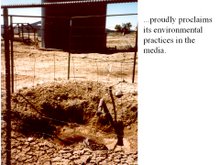
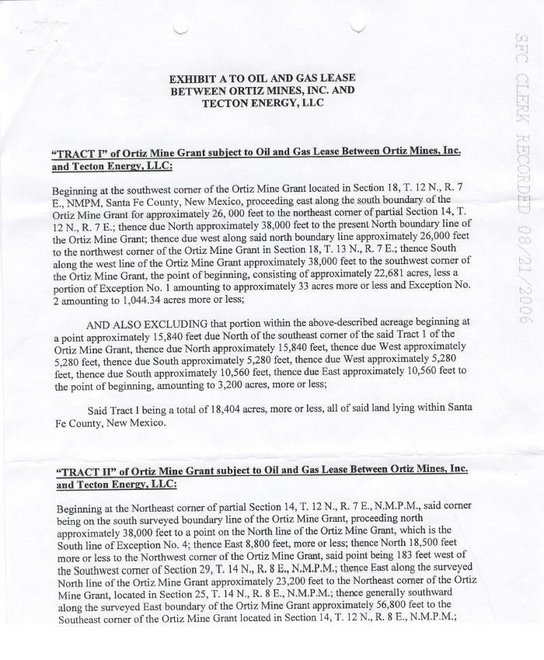
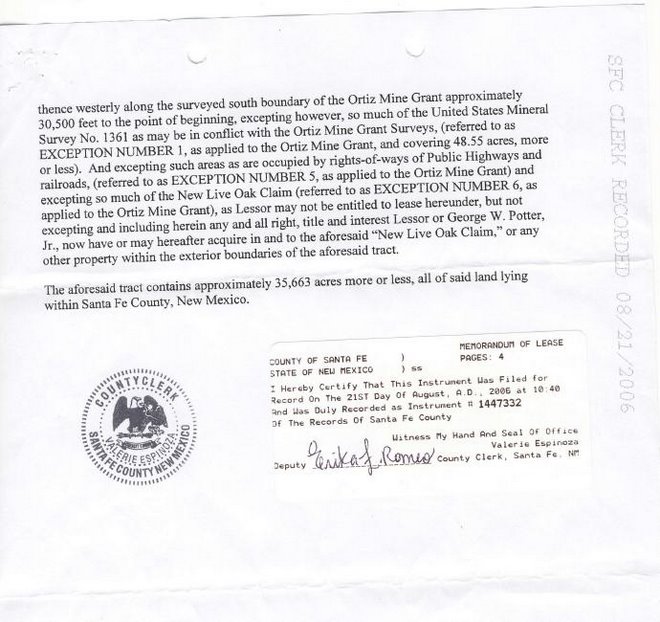



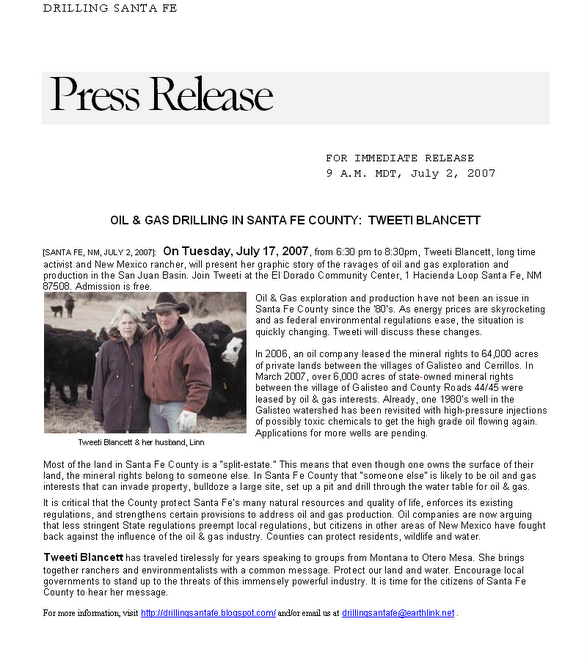
No comments:
Post a Comment